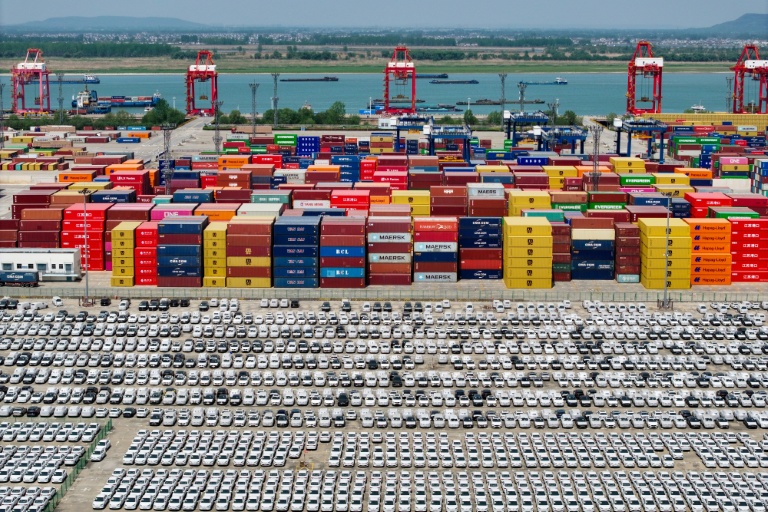In recent developments, the oil market has seen a notable decline in prices, nearly 1% down, largely due to growing concerns over economic stability and unusually high U.S. inventory levels. This shift holds significant implications not just for the energy sector, but for the broader global economy, affecting everything from inflation rates to national energy policies.
Understanding the Price Decline
Oil prices are a critical economic indicator, influencing a wide array of economic activities due to their integral role in transportation, manufacturing, and energy production. The current declining oil prices can be attributed to a combination of high U.S. inventories and anxieties about global economic growth. High inventory levels typically signal a surplus in supply, which can drive prices down if demand does not increase correspondingly.
The implications of these dynamics are multifaceted. On one hand, lower oil prices can reduce input costs for businesses reliant on fuel and energy, potentially lowering prices for goods and services and, by extension, moderating inflationary pressures. On the other hand, for oil-exporting countries and regions, lower prices can mean reduced revenue, impacting everything from trade balances to fiscal budgets.
Lower oil prices often lead to decreased expenses for consumers and businesses regarding transportation and heating costs. This can increase disposable income and potentially spur consumer spending, which is a critical driver of economic growth. However, the situation is nuanced. The recent concerns over economic growth that have contributed to the fall in oil prices suggest a more complex economic landscape where the benefits of lower prices might be offset by broader economic challenges.
For instance, if the declining oil prices are a result of weakening global demand, this could signal an impending economic slowdown or recession, which would have far-reaching consequences beyond any short-term gains from cheaper oil. Economies heavily dependent on oil revenues might find themselves particularly vulnerable, facing budget deficits and needing to adjust their economic strategies rapidly.
Sector-Specific Impacts
The energy sector, particularly companies involved in oil extraction and processing, faces direct impacts from fluctuations in oil prices. Lower prices can squeeze profit margins and make some oil reserves uneconomical to extract, potentially leading to reduced capital investment and layoffs in the industry. This could have a cascading effect on regions and communities dependent on oil and gas jobs, affecting local economies and real estate markets.
Conversely, industries that are major consumers of oil, like airlines and shipping companies, might experience cost relief, which could lead to lower prices for air travel and freight costs. This could boost sectors like tourism and e-commerce, highlighting the interconnectedness of modern economies.
Policy Responses and Future Outlook
In response to volatile oil prices, governments and central banks may need to adjust their economic and monetary policies. For example, central banks might consider the impact of changing oil prices on inflation when setting interest rates. Similarly, governments might need to reassess subsidies for energy, budget allocations for strategic reserves, or incentives for renewable energy development to ensure economic stability and progress towards energy transition goals.
Looking forward, the oil market remains subject to a range of influences, including geopolitical developments, changes in energy policy, technological advancements in renewable energy, and shifts in consumer behavior towards more sustainable practices. The ongoing transition to greener sources of energy could also influence the long-term trajectory of oil demand and prices, potentially leading to greater market volatility as the world adjusts to these changes.




















